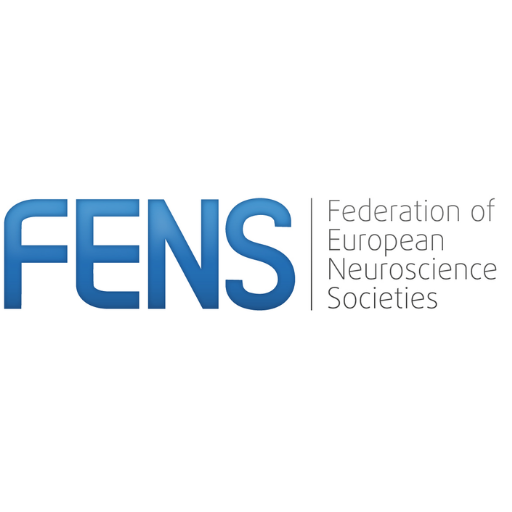Brain Homeostasis and Neurovascular Coupling
19 May – 8 June 2019, Bordeaux Neurocampus, France
The Neurovascular unit (NVU) is a physiological entity that consists of fine-tuned interactions between cerebral blood vessels, pericytes, astrocytes, immune cells, and neurons in order to maintain brain homeostasis. The NVU contributes to brain vessel properties such as the blood-brain barrier (BBB) and cerebral blood flow regulation. Several brain disorders are associated with NVU dysfunction. There have been several recent advances in knowledge and in the technologies available to study the NVU. This advanced course will allow students to gain basic knowledge and hands-on experience with various techniques, such as in vivo/ex vivo high-resolution imaging, magnetic resonance imaging, brain vascular pathology rodent models, and in vitro BBB models.
Course director
Martin Lauritzen, Department of Neuroscience, University of Copenhagen and Rigshospitalet, Denmark
Keynote speakers
David Attwell (Department of Neuroscience, Physiology & Pharmacology, University College London, UK)
Anna Devor (Department of Neurosciences, UC San Diego School of Medicine, USA)
Ulrich Dirnagl (Department of Experimental Neurology, Charité Universitätsmedizin Berlin, Germany)
Britta Engelhardt (Theodor Kocher Institute, University of Bern, Switzerland)
Jean-François Ghersi-Egea (Fluids and barriers of the CNS, Lyon Neuroscience Research Center, France)
Costantino Iadecola (Feil Family Brain & Mind Research Institute, Weill Cornell Medicine, New York, USA)
Frédéric Lesage (Department of Electrical Engineering, Polytechnique Montréal, Canada)
Mickael Tanter (French National Institute for Health and Medical Research, Institut Langevin, ESPCI, Paris, France)
Robert G. Thorne (Denali Therapeutics, South San Francisco, California, USA/ Pharmaceutical Sciences Division, University of Wisconsin-Madison, USA)
Bruno Weber (Institute of Pharmacology and Toxicology, University of Zurich, Switzerland)
Registration
Fee: 3.500 € (includes tuition fee, accommodation, and meals)
The CAJAL program offers 4 stipends per course (waived registration fee, not including travel expenses). Please apply through the course online application form. In order to identify candidates in real need of a stipend, any grant applicant is encouraged to first request funds from their lab, institution or government.
Kindly note that if you benefited from a Cajal stipend in the past, you are no longer eligible to receive this kind of funding. However other types of funding (such as partial travel grants from sponsors) might be made available after the participants' selection process, depending on the course.
ANS and JNS grants:
If you are a member of the Japan Neuroscience Society (JNS), please check the application call for partial grants on the JNS website. Deadline 22 January 2019.
If you are a member of the Australasian Neuroscience Society (ANS), partial grants are available. To be considered for funding, please indicate that you are a member inside the course application form in the stipend section.
For more information click "LINK TO ORIGINAL" below.
This opportunity has expired. It was originally published here:
https://www.fens.org/Training/CAJAL-programme/CAJAL-courses-2019/BHNC-2019/
